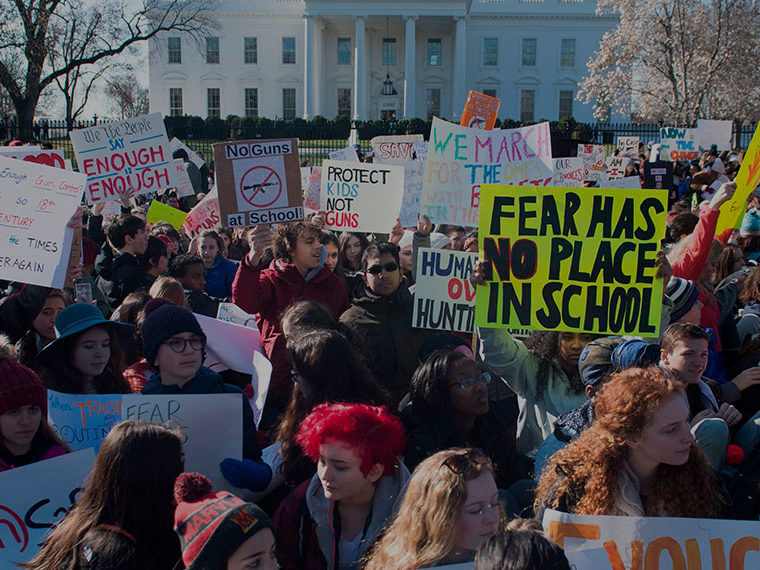Research suggests the nations actually have similar feelings toward wealth
In China, rich people are widely despised by just about everyone else — at least according to years of reports, largely from social media. In the early 2000s, the Chinese phrase chou fu xin li (“hatred against the rich”) landed among the most popular search terms. The children of nouveau riche attract their own pejorative term, fuerdai, and are singled out for particular loathing. Over the years, China’s pervasive resentment toward its wealthy has been blamed for luxury car vandalism, harassment of the rich and even public glee over deaths of certain wealthy individuals.
But are Chinese attitudes toward rich people any harsher than those of Americans? Or is chou fu xin li merely a social media construct, perhaps exaggerated for effect?
Three social scientists empirically tested Chinese and American subjects for strong feelings of envy and contempt toward the rich generally. They found little evidence of hatred in either population. Conversely, their findings suggest that average income workers in mainland China and in the U.S. hold more positive stereotypes of the wealthy than of their own middle classes.
Opt In to the Review Monthly Email Update.
“Hatred of the rich” appears directed only at small subsets of wealthy populations in each country, according to research by UCLA Anderson’s Sherry Jueyu Wu and Princeton’s Xuechunzi Bai and Susan T. Fiske published in the Journal of Cross-Cultural Psychology.
In China, second-generation wealthy attract the strongest negative emotions, according to the findings. American study subjects responded with almost as much contempt for “young money.”
But Chinese working class and American middle class study participants couched the rich as significantly more competent, and no less personable, than those of average wealth. (Chinese working class and American “middle” classes are synonymous in the study.)
The researchers drew their conclusions from computer tasks and questionnaires administered to subjects recruited through crowdsourcing platforms in both countries. The testing was designed to elicit attitudes through attributes that subjects assigned to the wealthy, as well as answers to more direct questions about their beliefs. A strong combination of envy and contempt toward the wealthy, implicit and inferred from responses, was deemed equivalent to hatred, and likeliest to involve a desire to see the rich harmed.
The finding that Chinese and Americans have similar attitudes toward the rich was somewhat surprising. Across cultures, the rich generally are viewed ambivalently but enviably, according to a 2017 study involving dozens of cross-national samples. But history suggested the Chinese might feel more hatred toward the rich than Americans, the authors note.
In China, overt suspicion of the wealthy dates back to Confucius’ time and continued into modern communist China. Ordinary citizens gained the ability to work toward wealth with an expanded market economy in the late 1990s.
American capitalism, meanwhile, contends that anyone can achieve wealth through hard work. Americans generally are thought to envy the wealthy and to aspire to their riches, an emotional combination considered much more innocuous than one involving contempt.
The researchers suggest that a broader sample of Chinese study subjects might find harsher wealthy stereotyping. “As an alternative,” they write “the strong sentiment against the rich might be exaggerated by the social media, while in reality, such ‘hatred of the rich’ culture did not fully exist or was only applicable to a limited subgroup of the rich.”
Featured Faculty
-
Sherry Jueyu Wu
Assistant Professor of Management and Organizations and Behavioral Decision Making
About the Research
Wu, S.J., Bai, X., & Fiske, S.T. (2018). Admired rich or resented rich? How two cultures vary in envy. Journal of Cross-Cultural Psychology, 49 (7), 1114–1143. doi: 10.1177/0022022118774943
Durante, F., Tablante, C. B., & Fiske, S. T. (2017). Poor but warm, rich but cold (and competent): Social classes in the stereotype content model. Journal of Social Issues, 73(1), 138–157. doi: 10.1111/josi.12208




